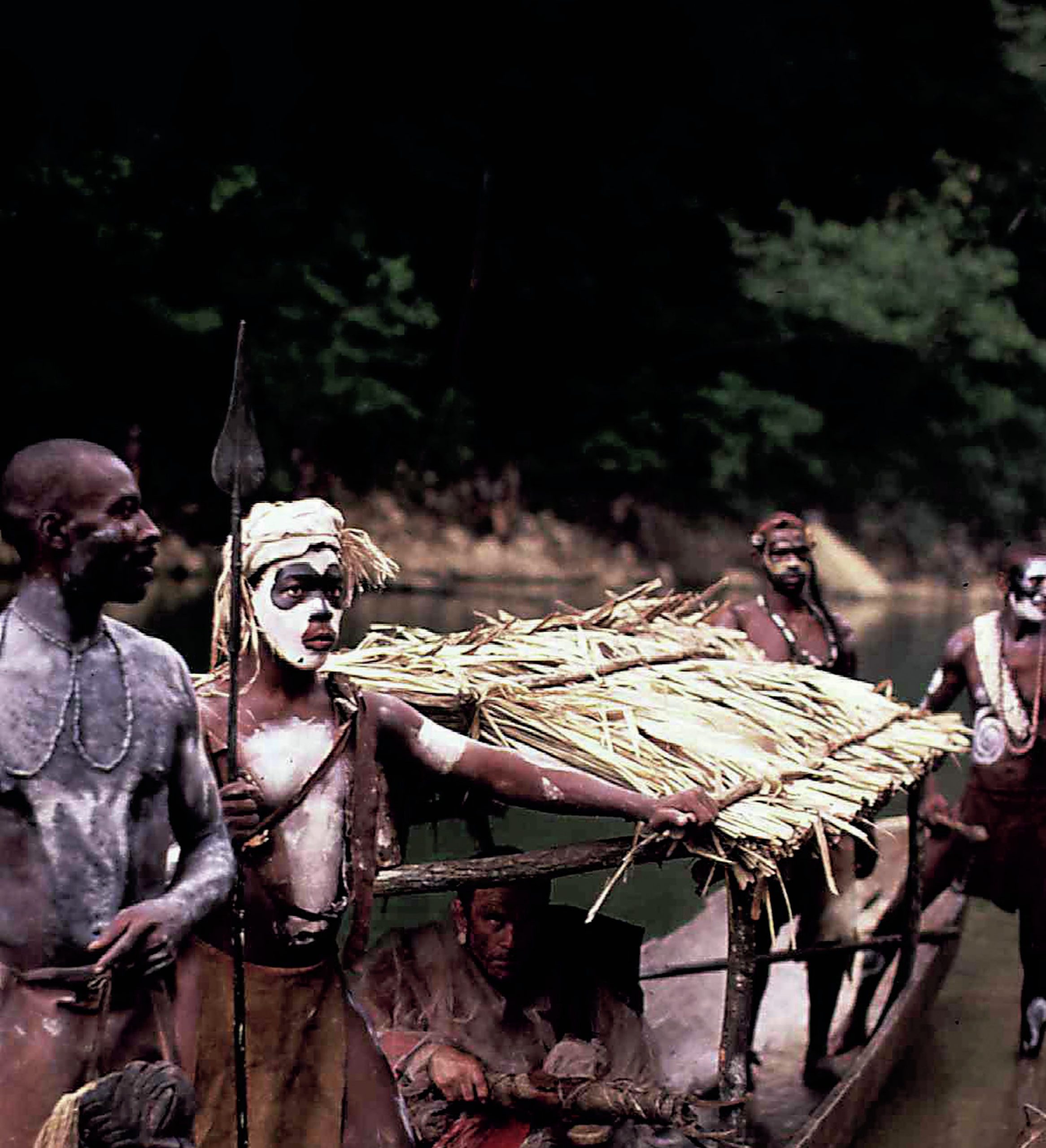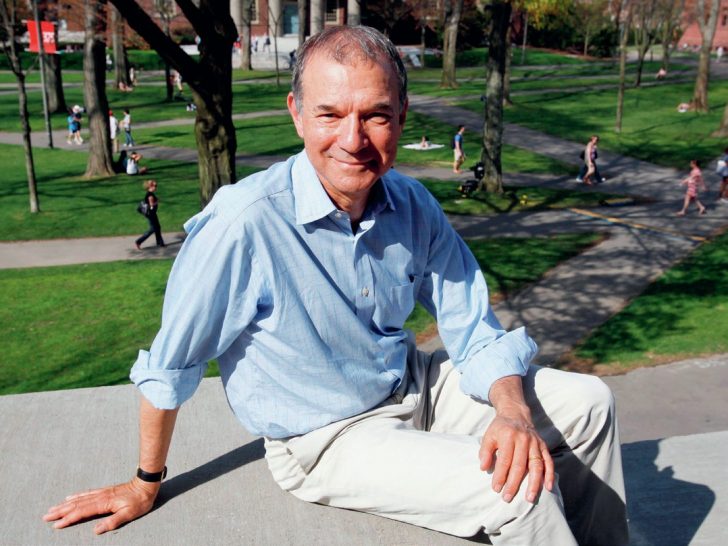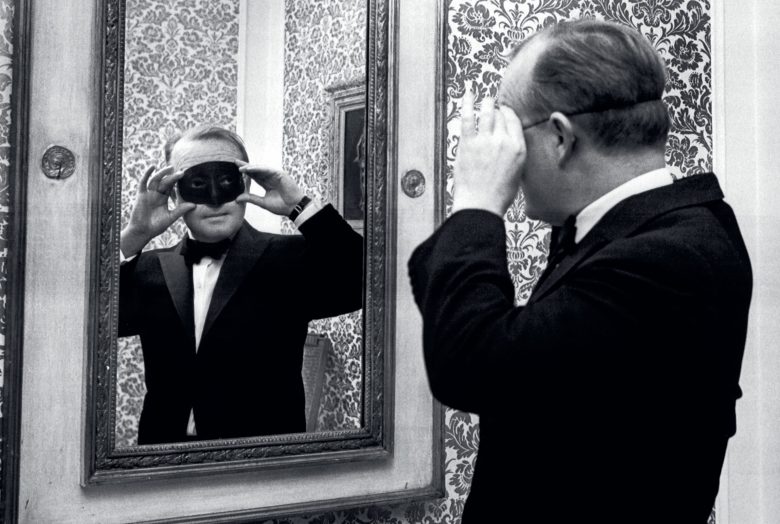
In the 120 years since its publication in book form, Joseph Conrad’s Heart of Darkness has incited intense debates. For twentieth-century readers like the Nigerian writer Chinua Achebe, the Sudanese novelist Tayeb Salih and the Palestinian-American critic Edward Said, the novella served as nothing less than a battleground. Following the anticolonial movements of the twentieth century and the growing independence of formerly colonised countries across the world, the novella’s portrayal of the plunder of the African continent in Conrad’s characteristically rich, ambiguous but undeniably racist language lent itself to postcolonial criticism and interpretation.
Achebe, Salih, Said and others debated Conrad’s legacy, his attitudes toward imperialism, his depiction of Africa and its people, and the role of literature in history, culture and society. Exploring each writer’s thoughts on Heart of Darkness shows us how, more than a century on, it continues to provoke rich and diverse interpretations of culture and the struggle against inequality and injustice.
Your organisation does not have access to this article.
Sign up today to give your students the edge they need to achieve their best grades with subject expertise
Subscribe




